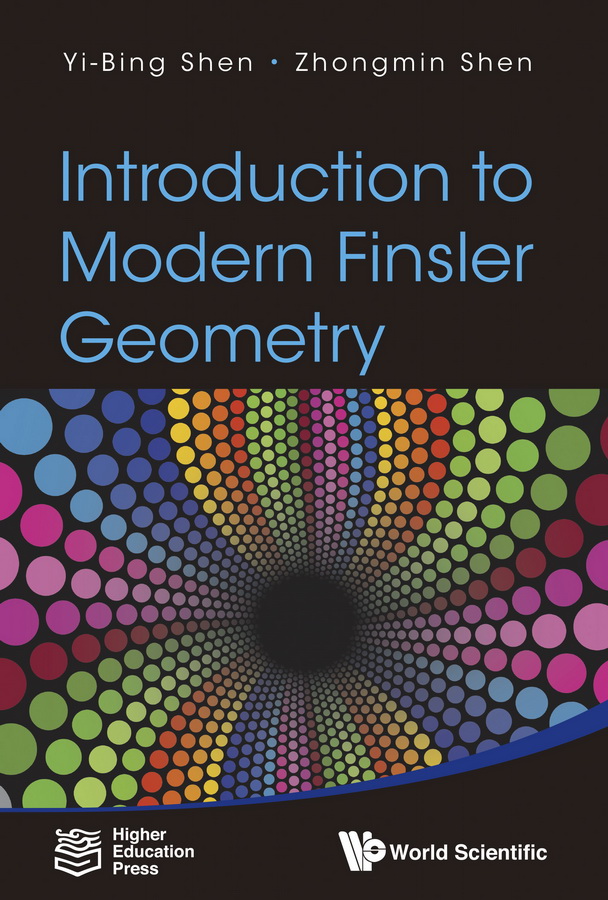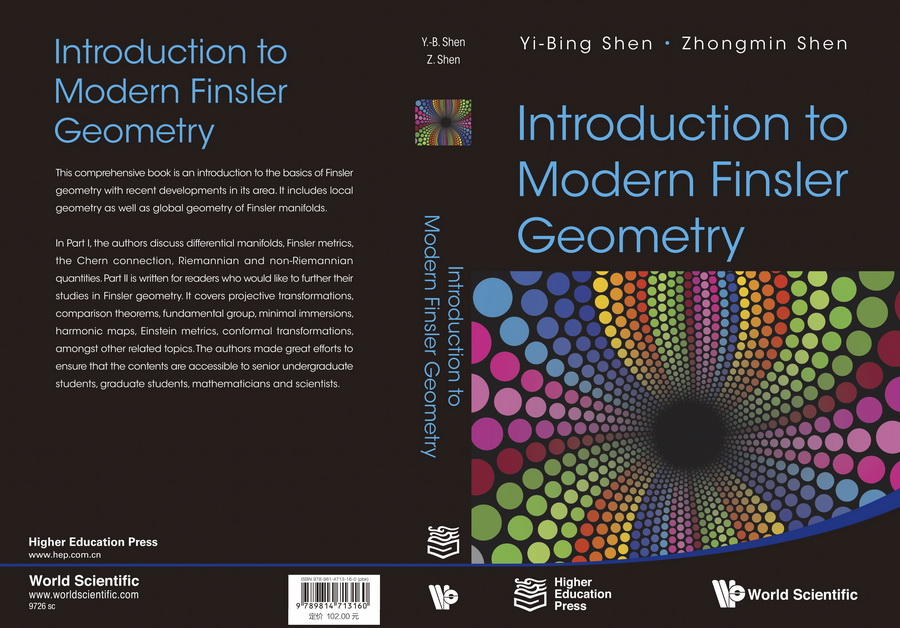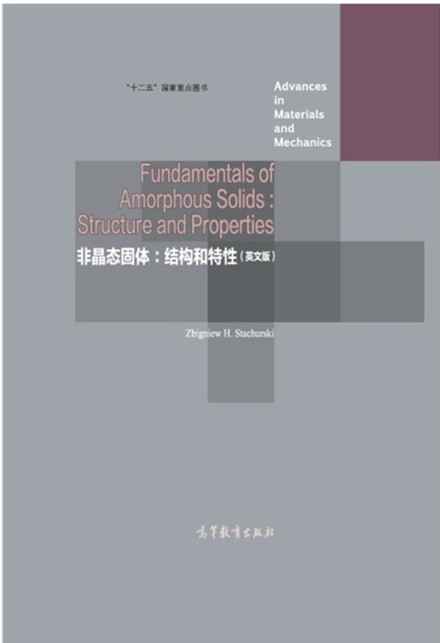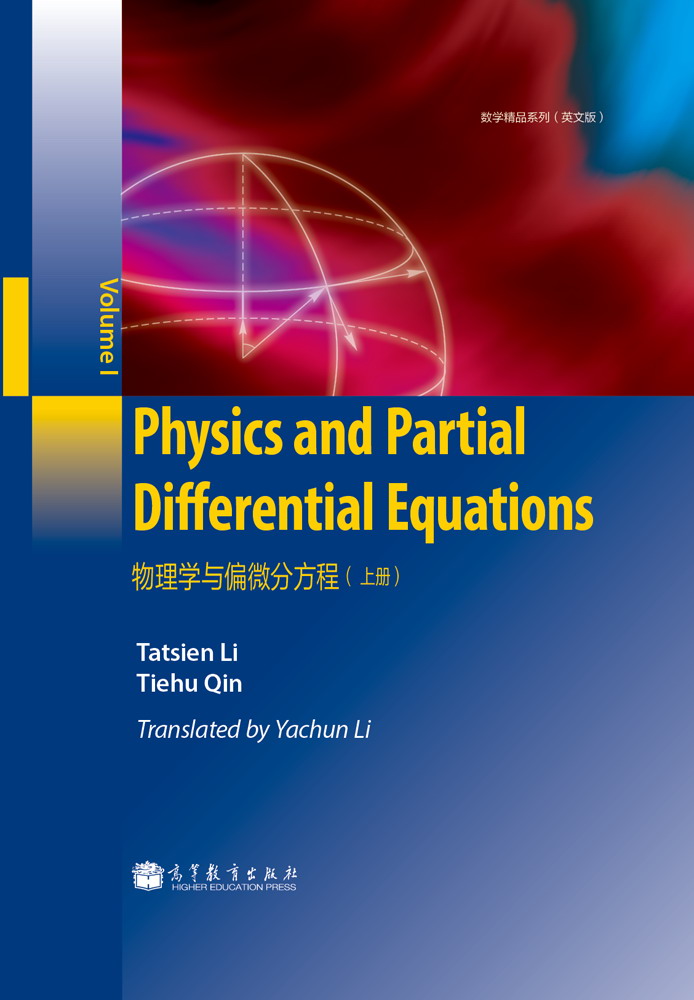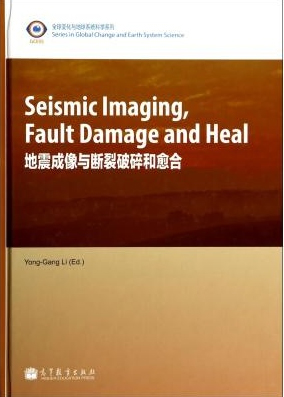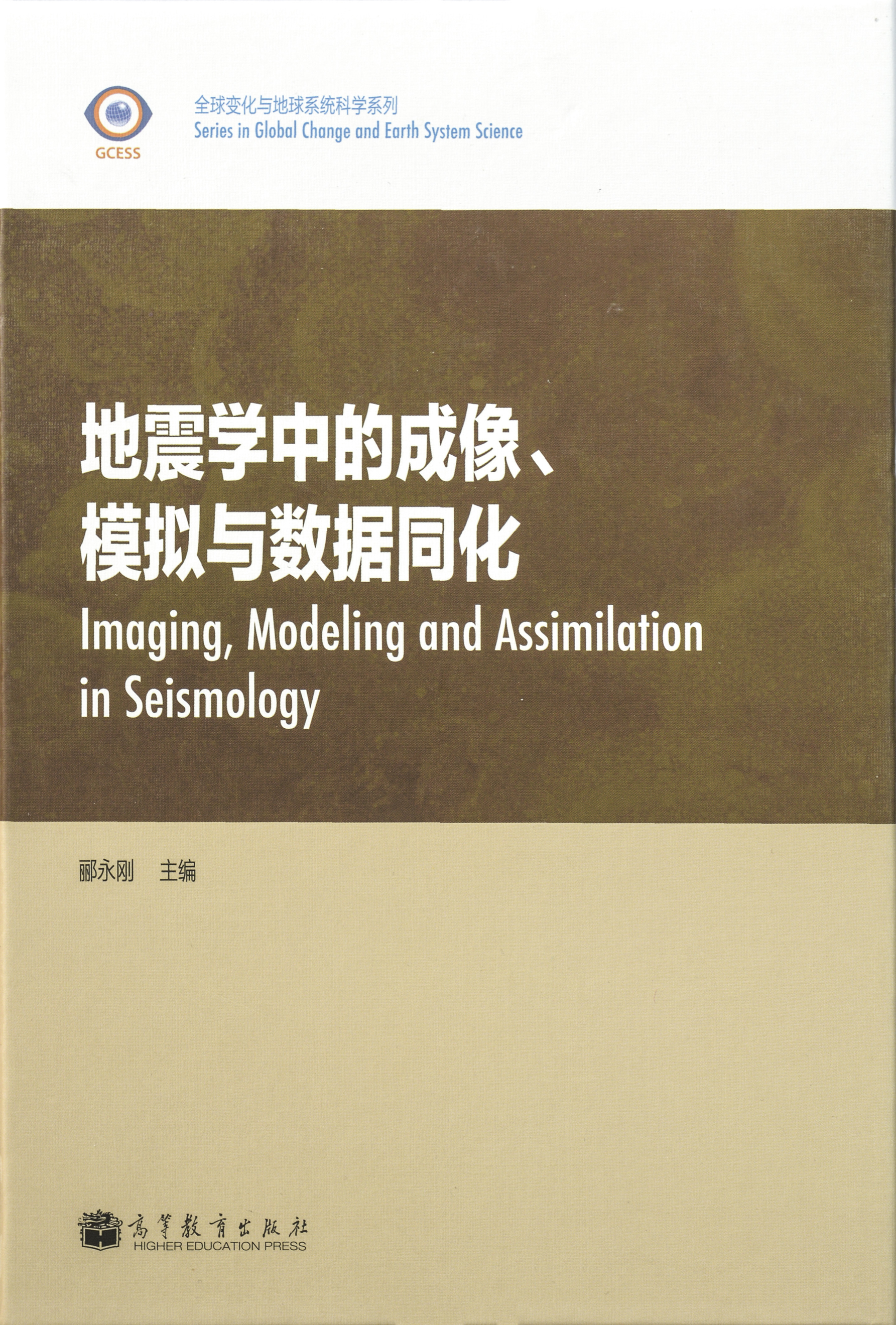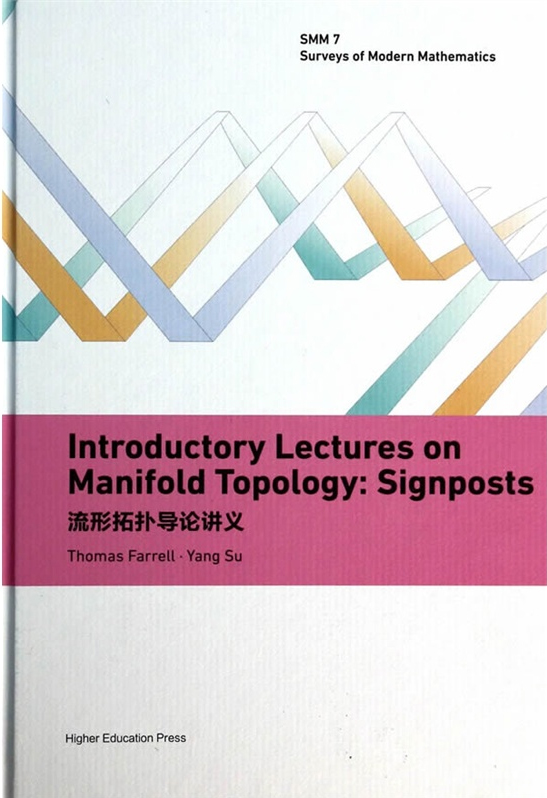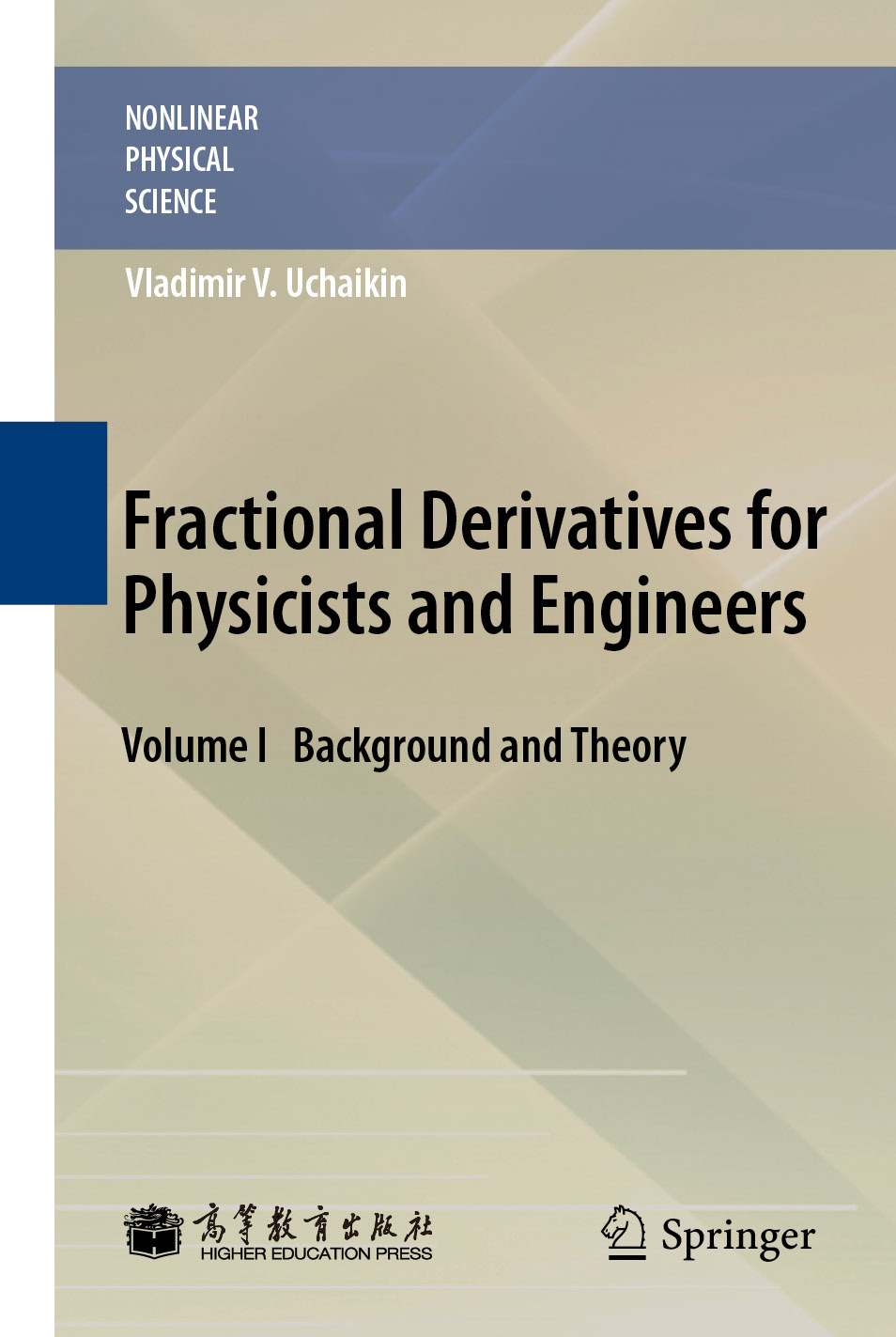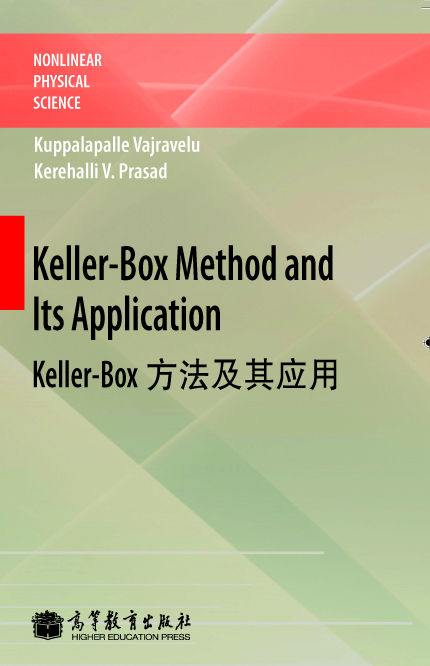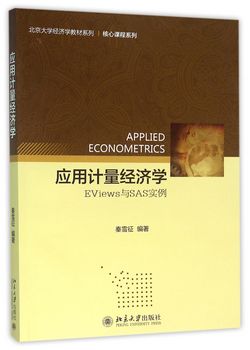现代芬斯勒几何初步(英文版) / 丝路书香工程
作者: 沈一兵,沈忠民
出版时间:2016-01
出版社:高等教育出版社
- 高等教育出版社
- 9787040444247
- 1版
- 84687
- 48265641-0
- 精装
- 16开
- 2016-01
- 530
- 393
- 理学
- 数学类
- O186.14
- 数学类
- 研究生及以上
近二十多年来,芬斯勒几何的研究取得了全新的实质性进展。芬斯勒几何的观点和方法,不仅与数学的其他分支,如微分方程、李群、代数学、拓扑学、非线性分析等密切相关,而且在数学物理、理论物理、生物数学、控制论、信息论等其它学科中得到越来越广泛的应用。因此,无论在理论研究上还是在实际应用上,芬斯勒几何都日益显示出它的勃勃生机和巨大价值。
为了满足国内大学高年级学生和研究生的教学需求,在多年教学实践的基础上,作者编写了本书。全书共分8章,包括微分流形、芬斯勒度量、联络和结构方程等。本书的特点是以张量分析为主要工具,系统介绍芬斯勒几何的基本概念和基本方法,尽可能兼顾到经典理论和最新进展的内容,使读者在学完本教程后能独立从事芬斯勒几何的研究。
本书可作为大专院校数学科学的高年级选修课及研究生的教学参考书,也可作为数学物理、理论物理、工程控制论等专业的参考书。
前辅文
Foundations
1. Di_erentiable Manifolds
1.1 Di_erentiable manifolds
1.1.1 Di_erentiable manifolds
1.1.2 Examples of di_erentiable manifolds
1.2 Vector _elds and tensor _elds
1.2.1 Vector bundles
1.2.2 Tensor _elds
1.3 Exterior forms and exterior di_erentials
1.3.1 Exterior di_erential operators
1.3.2 de Rham theorem
1.4 Vector bundles and connections
1.4.1 Connection of the vector bundle
1.4.2 Curvature of a connection
Exercises
2. Finsler Metrics
2.1 Finsler metrics
2.1.1 Finsler metrics
2.1.2 Examples of Finsler metrics
2.2 Cartan torsion
2.2.1 Cartan torsion
2.2.2 Deicke theorem
2.3 Hilbert form and sprays
2.3.1 Hilbert form
2.3.2 Sprays
2.4 Geodesics
2.4.1 Geodesics
2.4.2 Geodesic coe_cients
2.4.3 Geodesic completeness
Exercises
3. Connections and Curvatures
3.1 Connections
3.1.1 Chern connection
3.1.2 Berwald metrics and Landsberg metrics
3.2 Curvatures
3.2.1 Curvature form of the Chern connection
3.2.2 Flag curvature and Ricci curvature
3.3 Bianchi identities
3.3.1 Covariant di_erentiation
3.3.2 Bianchi identities
3.3.3 Other formulas
3.4 Legendre transformation
3.4.1 The dual norm in the dual space
3.4.2 Legendre transformation
3.4.3 Example
Exercises
4. S-Curvature
4.1 Volume measures
4.1.1 Busemann-Hausdor_ volume element
4.1.2 The volume element induced from SM
4.2 S-curvature
4.2.1 Distortion
4.2.2 S-curvature and E-curvature
4.3 Isotropic S-curvature
4.3.1 Isotropic S-curvature and isotropic E-curvature
4.3.2 Randers metrics of isotropic S-curvature
4.3.3 Geodesic ow
Exercises
5. Riemann Curvature
5.1 The second variation of arc length
5.1.1 The second variation of length
5.1.2 Elements of curvature and topology
5.2 Scalar ag curvature
5.2.1 Schur theorem
5.2.2 Constant ag curvature
5.3 Global rigidity results
5.3.1 Flag curvature with special conditions
5.3.2 Manifolds with non-positive ag curvature
5.4 Navigation
5.4.1 Navigation problem
5.4.2 Randers metrics and navigation
5.4.3 Ricci curvature and Einstein metrics
Exercises
Further Studies
6. Projective Changes
6.1 The projective equivalence
6.1.1 Projective equivalence
6.1.2 Projective invariants
6.2 Projectively at metrics
6.2.1 Projectively at metrics
6.2.2 Projectively at metrics with constant ag curvature
6.3 Projectively at metrics with almost isotropic S-curvature
6.3.1 Randers metrics with almost isotropic S-curvature
6.3.2 Projectively at metrics with almost isotropicS-curvature
6.4 Some special projectively equivalent Finsler metrics
6.4.1 Projectively equivalent Randers metrics
6.4.2 The projective equivalence of (_; _)-metrics
6.4.3 The projective equivalence of quadratic (_; _)-
metrics
Exercises
7. Comparison Theorems
7.1 Volume comparison theorems for Finsler manifolds
7.1.1 The Jacobian of the exponential map
7.1.2 Distance function and comparison theorems
7.1.3 Volume comparison theorems
7.2 Berger-Kazdan comparison theorems
7.2.1 The Kazdan inequality
7.2.2 The rigidity of reversible Finsler manifolds
7.2.3 The Berger-Kazdan comparison theorem
Exercises
8. Fundamental Groups of Finsler Manifolds
8.1 Fundamental groups of Finsler manifolds
8.1.1 Fundamental groups and covering spaces
8.1.2 Algebraic norms and geometric norms
8.1.3 Growth of fundamental groups
8.2 Entropy and _niteness of fundamental group
8.2.1 Entropy of fundamental group
8.2.2 The _rst Betti number
8.2.3 Finiteness of fundamental group
8.3 Gromov pre-compactness theorems
8.3.1 General metric spaces
8.3.2 _-Gromov-Hausdor_ convergence
8.3.3 Pre-compactness of Finsler manifolds
8.3.4 On the Gauss-Bonnet-Chern theorem
Exercises
9. Minimal Immersions and Harmonic Maps
9.1 Isometric immersions
9.1.1 Finsler submanifolds
9.1.2 The variation of the volume
9.1.3 Non-existence of compact minimal submanifolds
9.2 Rigidity of minimal submanifolds
9.2.1 Minimal surfaces in Minkowski spaces
9.2.2 Minimal surfaces in (_; _)-spaces
9.2.3 Minimal surfaces in special Minkowskian (_; _)-spaces
9.3 Harmonic maps
9.3.1 A divergence formula
9.3.2 Harmonic maps
9.3.3 Composition maps
9.4 Second variation of harmonic maps
9.4.1 The second variation
9.4.2 Stress-energy tensor
9.5 Harmonic maps between complex Finsler manifolds
9.5.1 Complex Finsler manifolds
9.5.2 Harmonic maps between complex Finsler manifolds
9.5.3 Holomorphic maps
Exercises
10. Einstein Metrics
10.1 Projective rigidity and m-th root metrics
10.1.1 Projective rigidity of Einstein metrics
10.1.2 m-th root Einstein metrics
10.2 The Ricci rigidity and Douglas-Einstein metrics
10.2.1 The Ricci rigidity
10.2.2 Douglas (_; _)-metrics
10.3 Einstein (_; _)-metrics
10.3.1 Polynomial (_; _)-metrics
10.3.2 Kropina metrics
Exercises
11. Miscellaneous Topics
11.1 Conformal changes
11.1.1 Conformal changes
11.1.2 Conformally at metrics
11.1.3 Conformally at (_; _)-metrics
11.2 Conformal vector _elds
11.2.1 Conformal vector _elds
11.2.2 Conformal vector _elds on a Randers manifold
11.3 A class of critical Finsler metrics
11.3.1 The Einstein-Hilbert functional
11.3.2 Some special E-critical metrics
11.4 The _rst eigenvalue of Finsler Laplacian and the generalized maximal principle
11.4.1 Finsler Laplacian and weighted Ric
11.4.2 Lichnerowicz-Obata estimates
11.4.3 Li-Yau-Zhong-Yang type estimates
11.4.4 Mckean type estimates
Exercises
Appendix A Maple Program
A.1 Spray coe_cients of two-dimensional Finsler metrics
A.2 Gauss curvature
A.3 Spray coe_cients of (_; _)-metrics
Bibliography
Index

